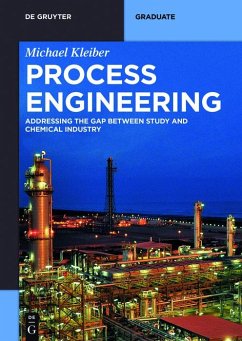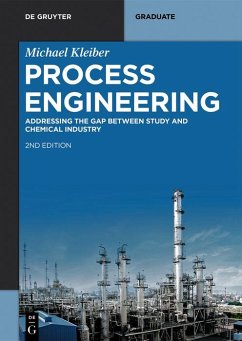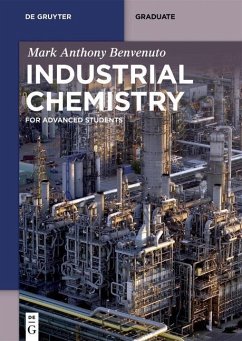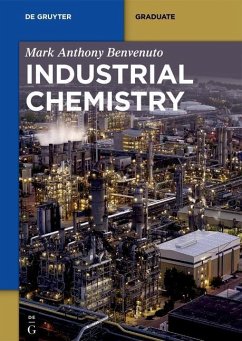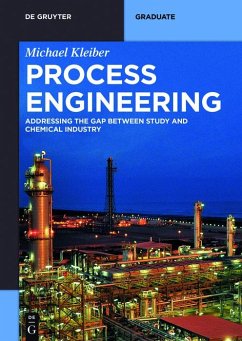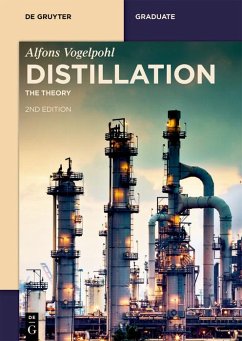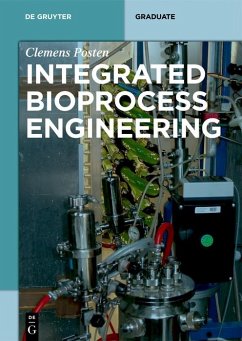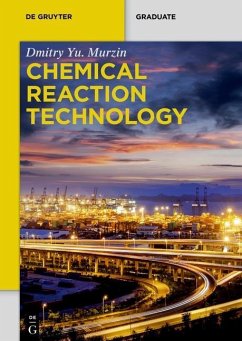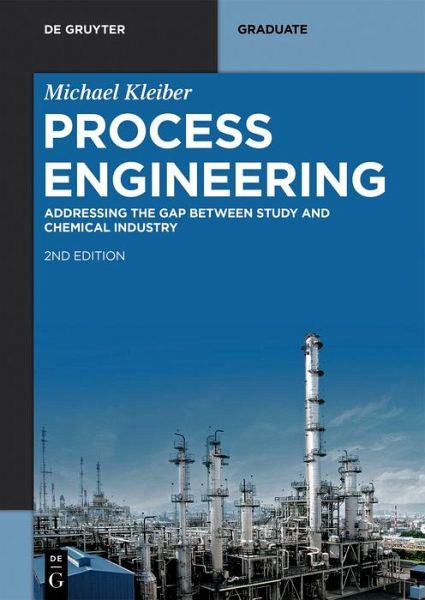
Process Engineering (eBook, PDF)
Addressing the Gap between Study and Chemical Industry
Versandkostenfrei!
Sofort per Download lieferbar
70,95 €
inkl. MwSt.
Weitere Ausgaben:

PAYBACK Punkte
35 °P sammeln!
This book provides a comprehensive introduction to chemical process engineering, linking the fundamental theory and concepts to the industrial practice. This 2nd Edition contains new chapters on biological wastewater treatment, dynamic simulation, and PID discussion. It enables the reader to integrate fundamental knowledge of the basic disciplines, to understand key chemical processes, and to apply this knowledge to the practice in industry.
Dieser Download kann aus rechtlichen Gründen nur mit Rechnungsadresse in A, B, BG, CY, CZ, D, DK, EW, E, FIN, F, GR, HR, H, IRL, I, LT, L, LR, M, NL, PL, P, R, S, SLO, SK ausgeliefert werden.




